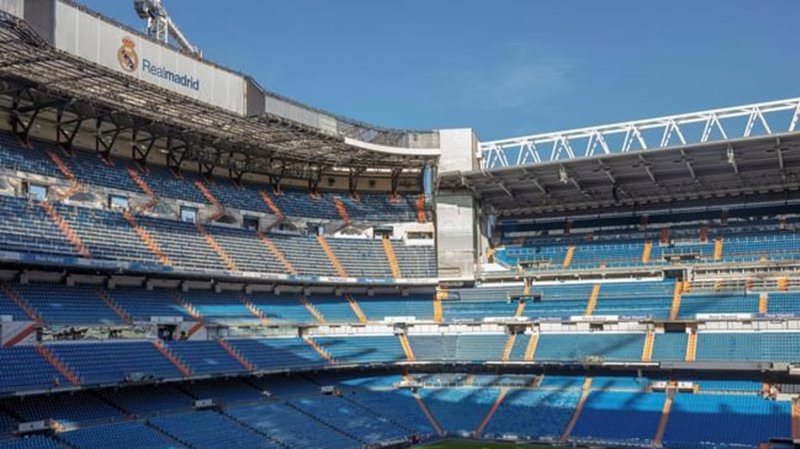
EA Sports providing sound at fill empty soccer stadiums in England, Spain
The fans may be missing but their voices will be heard as Spain’s LaLiga and England’s Premier League get back on the pitch.
Broadcasters have been working with EA Sports, using audio from its FIFA video game which in turn came from actual matches. EA receives more than 100 match recordings each year, which are edited down for use in the game.
Now that sound is going to help provide a soundtrack for the stadiums where they were recorded.
Broadcasters reached out to Electronic Arts in late April ahead of leagues resuming.

